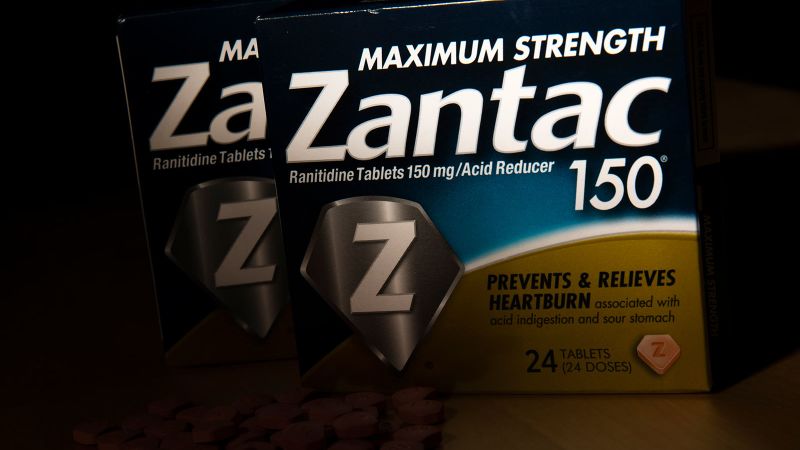GSK recently announced a settlement of up to $2.2 billion to resolve most lawsuits in US state courts involving claims that the heartburn drug Zantac caused cancer. The agreement with 10 plaintiffs’ law firms covers about 80,000 cases, or 93% of cases pending against the British drugmaker in state courts. Additionally, GSK will pay $70 million to settle a related whistleblower lawsuit filed by a Connecticut laboratory. Despite the settlement, GSK did not admit any wrongdoing and maintained that there is no consistent or reliable evidence linking ranitidine, the drug’s active ingredient, to cancer.
The lead attorneys for the plaintiffs, Jennifer Moore and R. Brent Wisner, expressed their satisfaction with the settlement, stating that they were “thrilled” with the deal. Zantac, first approved by US regulators in 1983, was a top-selling medicine and achieved over $1 billion in annual sales in 1988. The drug was manufactured by GSK, Pfizer, Sanofi, and Boehringer Ingelheim at different times. Lawsuits began to mount against these companies in state and federal courts following the FDA’s request to remove Zantac from the market due to concerns about the potential carcinogenic effects of ranitidine.
Pfizer has settled most of the Zantac cases against it in state court, and Sanofi has announced a settlement of approximately 4,000 cases. However, Boehringer Ingelheim, which currently faces a trial in Oakland, California, state court over Zantac, has not reached any major settlements and denies any wrongdoing. The plaintiffs continue to pursue claims against the company for its alleged exposure of millions of people to a known carcinogen for over a decade.
The remaining state court cases, primarily concentrated in Delaware, involve crucial expert testimony that Zantac caused cancer. In June, a judge allowed plaintiffs to present this testimony despite opposition from the drug companies, who claimed it was not based on sound scientific evidence. The companies are appealing the judge’s ruling to the Delaware Supreme Court. However, a federal court judge in Florida ruled in 2022 that about 50,000 cases centralized there could not proceed due to unreliable expert testimony. Approximately 14,000 of these cases are being appealed and are not included in the recent settlement.
It is worth noting that the current version of Zantac, sold under the name Zantac 360, uses a different active ingredient and does not contain ranitidine. Despite the settlement of a significant portion of the Zantac cases, litigation against the pharmaceutical companies involved continues, with some cases still pending in state courts and the outcome of ongoing appeals uncertain. The controversy surrounding Zantac highlights the complexities and challenges inherent in resolving disputes over alleged medication-related health risks and reinforces the importance of rigorous scientific evidence in determining liability.













